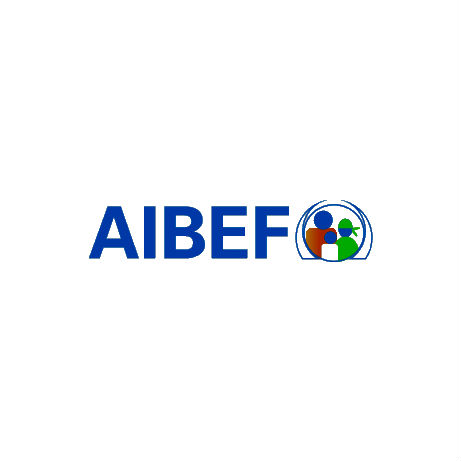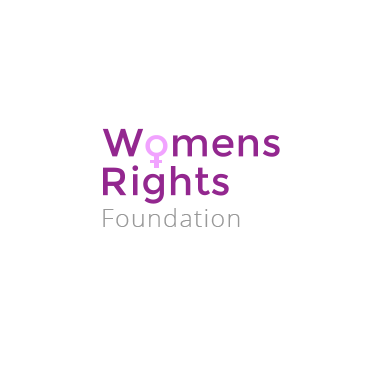
| 20 January 2025
AIDOS
AIDOS began its journey in 1981 as a women’s association and non-governmental organisation. Since its establishment, AIDOS has worked in Low-Income Countries, Europe and Italy to build, promote and defend the rights, dignity and freedom of choice of women and girls. AIDOS works in partnership with local organisations and institutions to provide tools to women and their organisations, particularly in those areas where the experience of the Italian feminist movement has yielded significant results. These areas are: women’s rights sexual and reproductive health and rights (SRHR) economic empowerment of women; education of girls. AIDOS’ approach is based on a continuous and equal dialogue with women’s and non-governmental organisations worldwide and with associations and people engaged with human rights, women’s and LGBTQI rights. AIDOS was recognised in 1992 by the Ministry of Foreign Affairs as eligible to manage public funds for implementing international development projects. And has a special consultative status with the Economic and Social Council of the United Nations (ECOSOC) and is implementing partner of the United Nations Population Fund (UNFPA) and the United Nations High Commissioner for Refugees (UNHCR) in Italy. Check out their Instagram.

| 31 March 2016
Association Ivoirienne pour le Bien-Etre Familial
The population of the Ivory Coast suffers from a litany of sexual and reproductive health (SRH) problems common to many countries on the continent: frighteningly high rates of maternal death, early pregnancies, child mortality and HIV prevalence, coupled with very low rates of contraceptive use. Additionally, instances of female genital mutilation (FGM) are frequent and the SRH and psychological repercussions that the practice presents are severe. The Association Ivoirienne pour le Bien-Etre Familial (AIBEF) was founded in 1979. It works closely with the National Population Bureau in the planning and implementation of the National Population Policy and the National Youth Policy. The government and legislators have called on the organization for advice and counsel because it is the one of the most experienced organizations in the field and has unparalleled expertise drawn from ground level experience. To complement and expand its scope, AIBEF partners with a number of non-governmental organizations (NGOs) including the Futures Group, Pathfinder International, the Population Council, John Hopkins University, John Snow International, Columbia University and Family Health International. Major donors include the European Union, IPPF’s Japan Trust Fund, The Global Fund Against TB and Malaria, Alliance International and the World Bank. Additionally, it partners with Collectif des ONG de Lutte contre le Sida en Côte d’Ivoire and RIOF – national networks whose primary objective is to increase SRH capacity.

| 20 January 2025
Women’s Rights Foundation
Women’s Rights Foundation (WRF) of Malta is a voluntary organisation committed to informing, educating and empowering women concerning their legal rights. WRF aims to ensure that women’s rights are protected through policy and law reform, raise awareness and offer training to end violence against women. WRF also provides free legal advice and initial legal representation to women who are survivors of domestic violence, sexual assault, human trafficking and discriminated against due to their gender. Contact: Twitter







